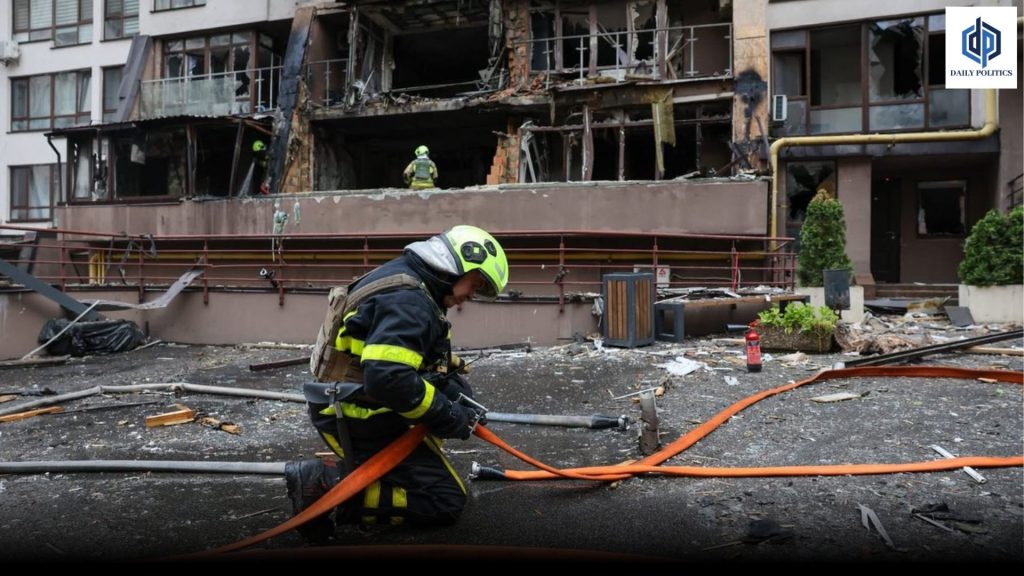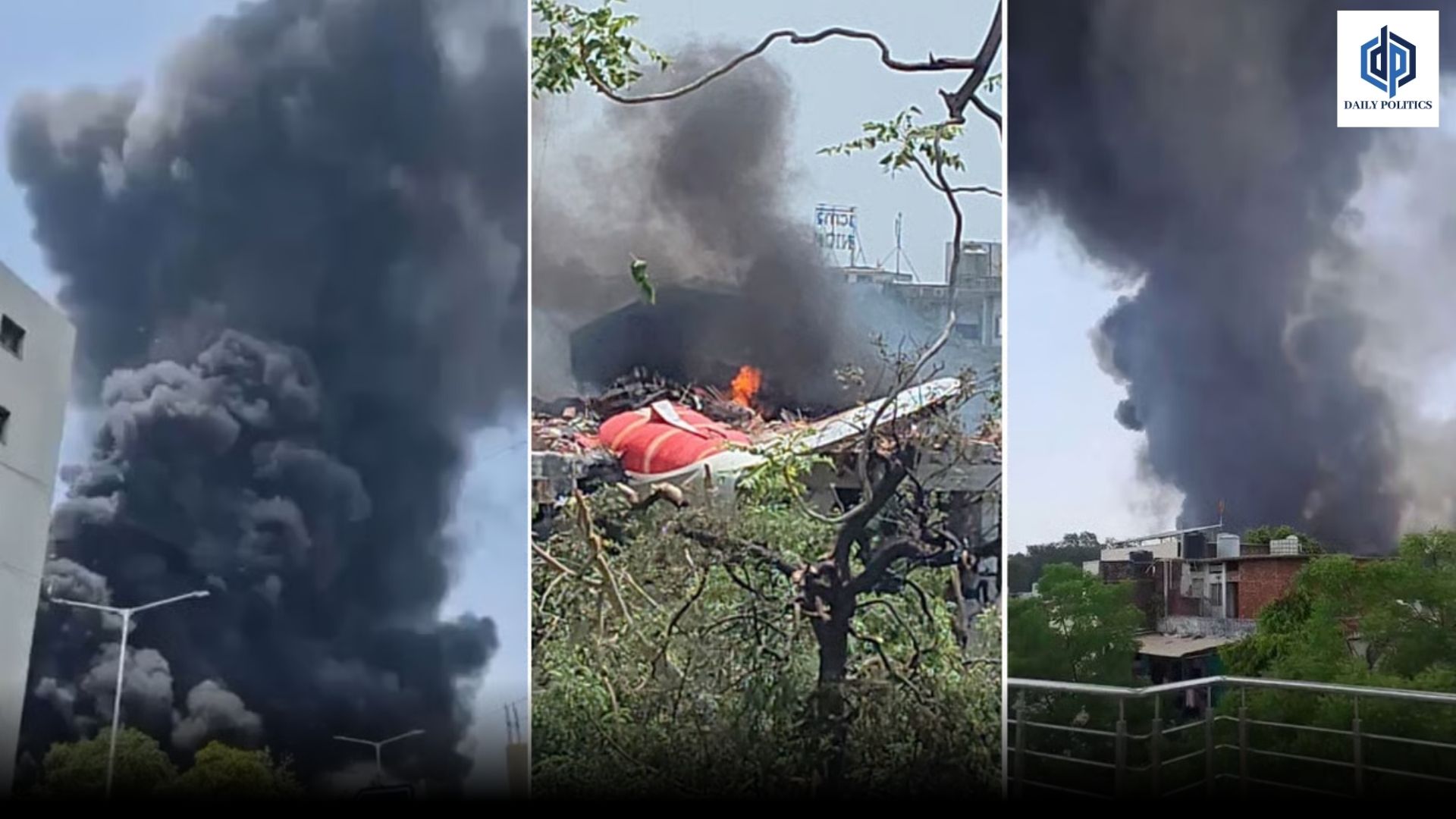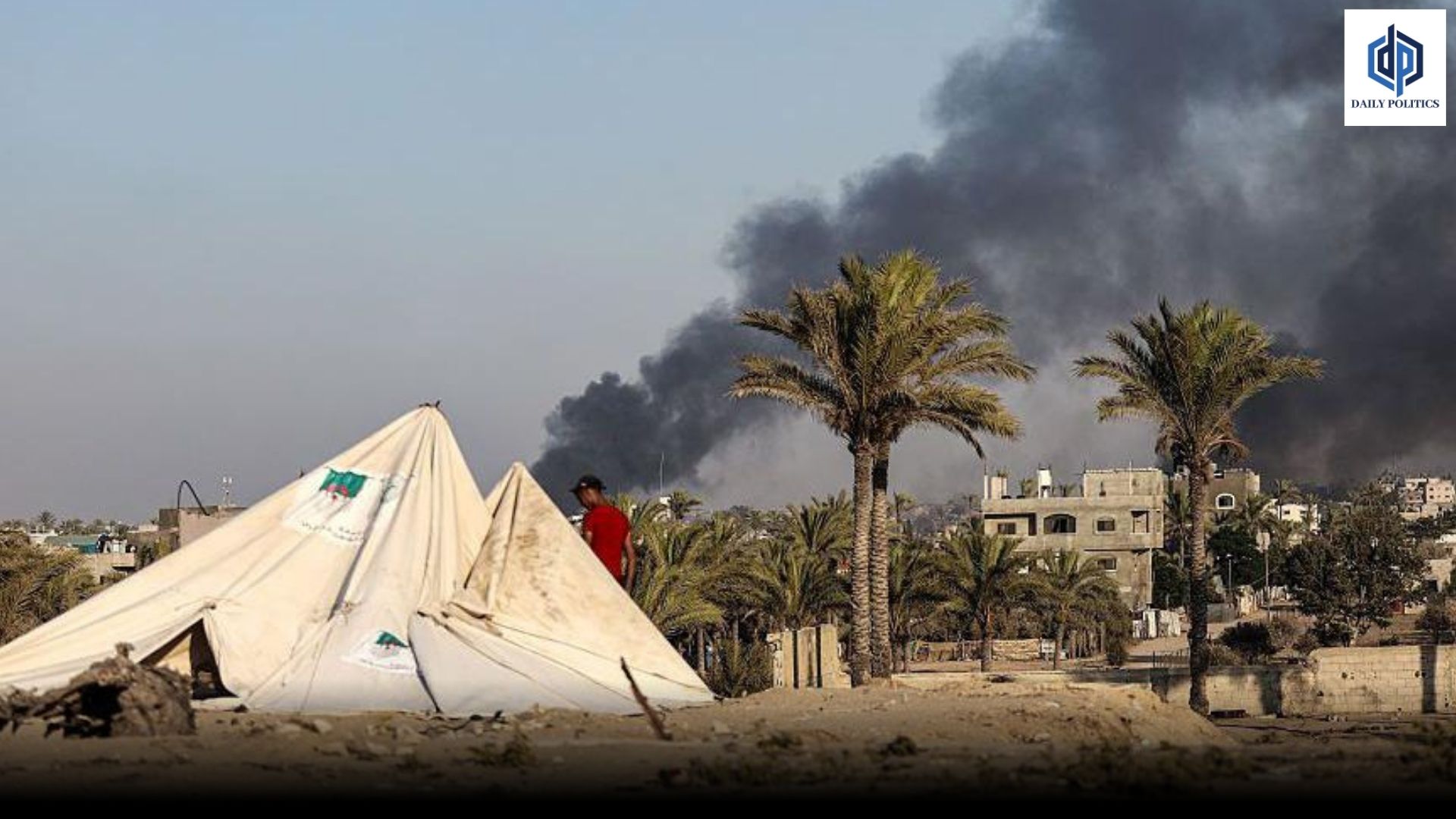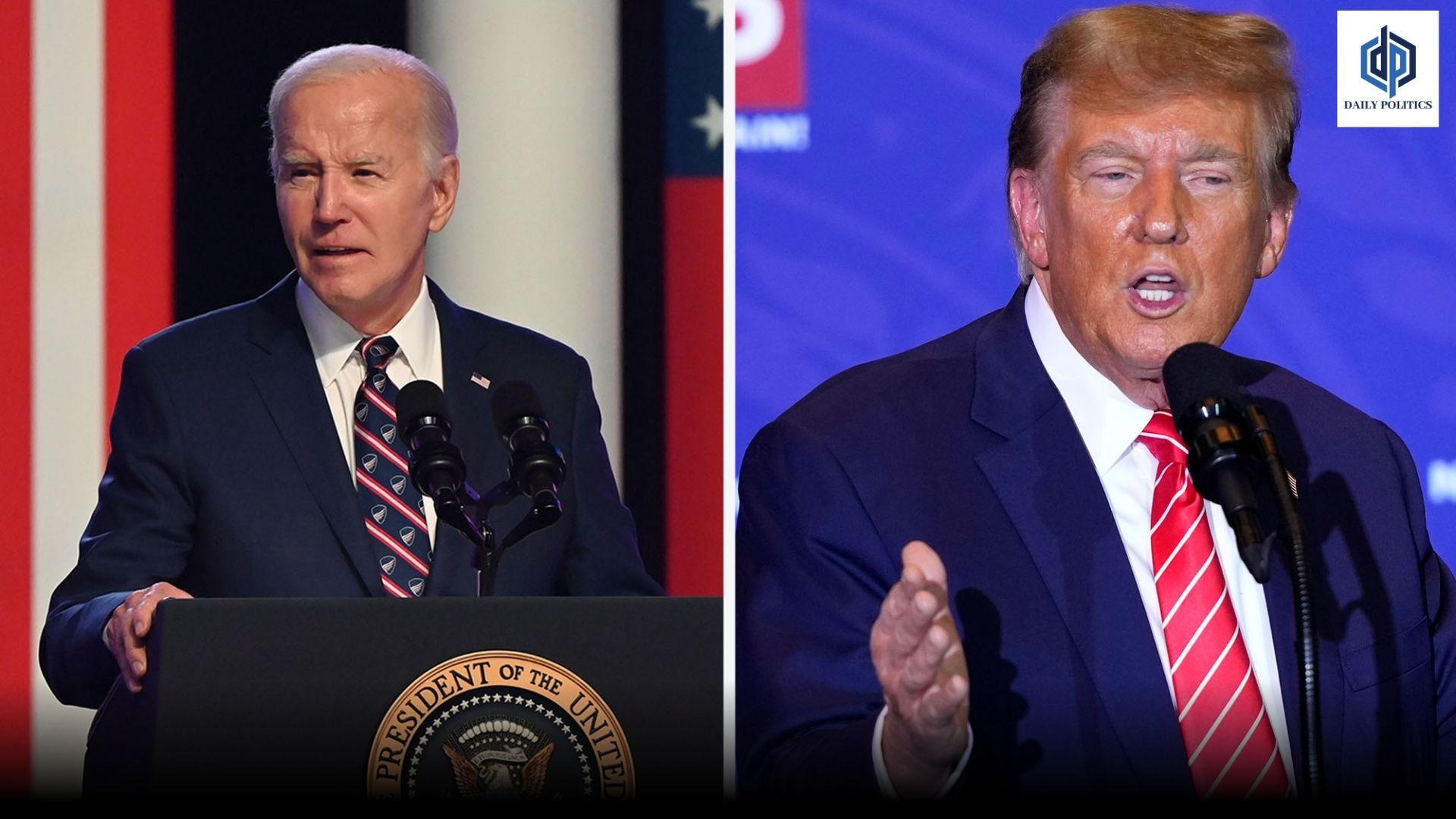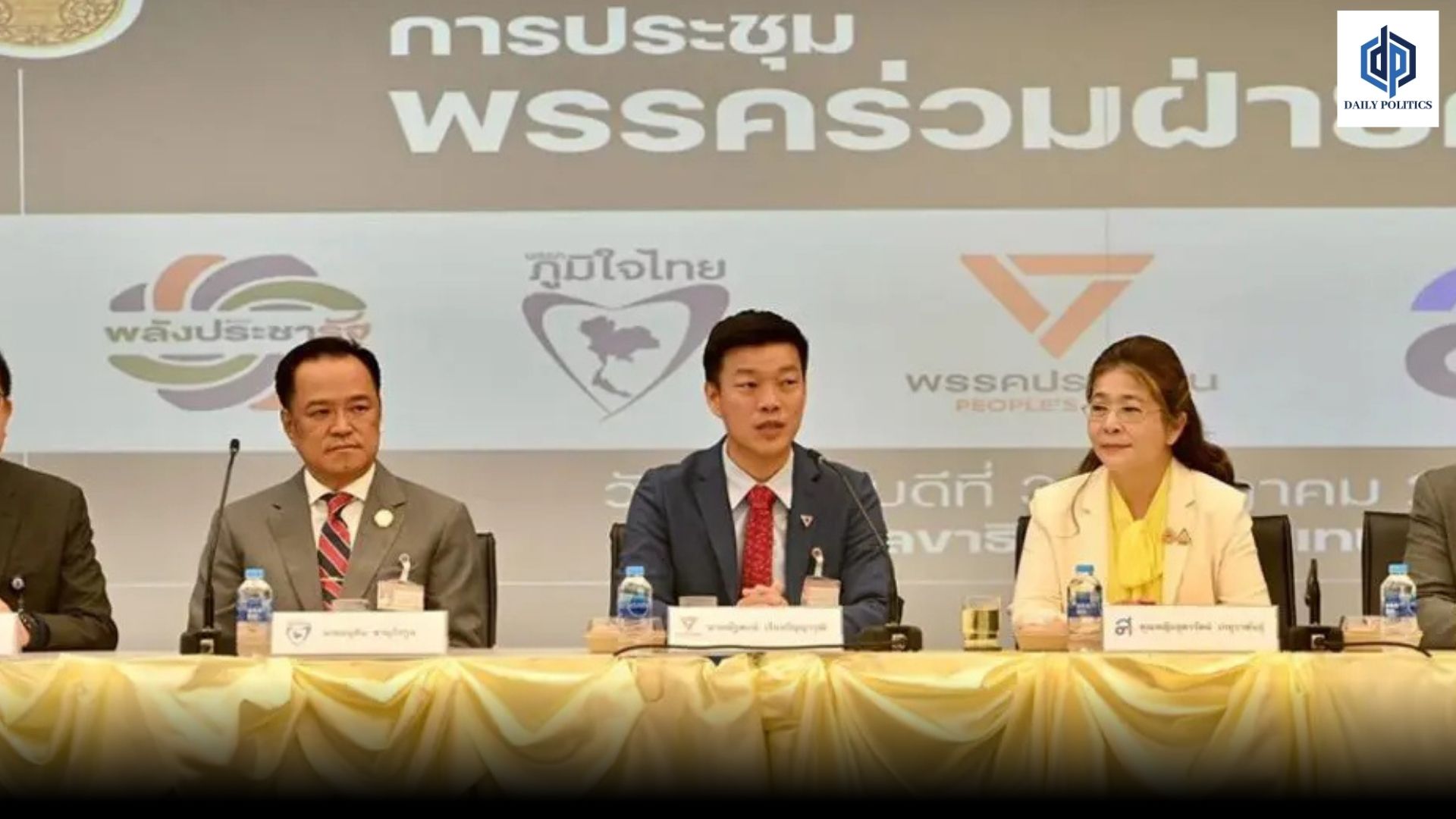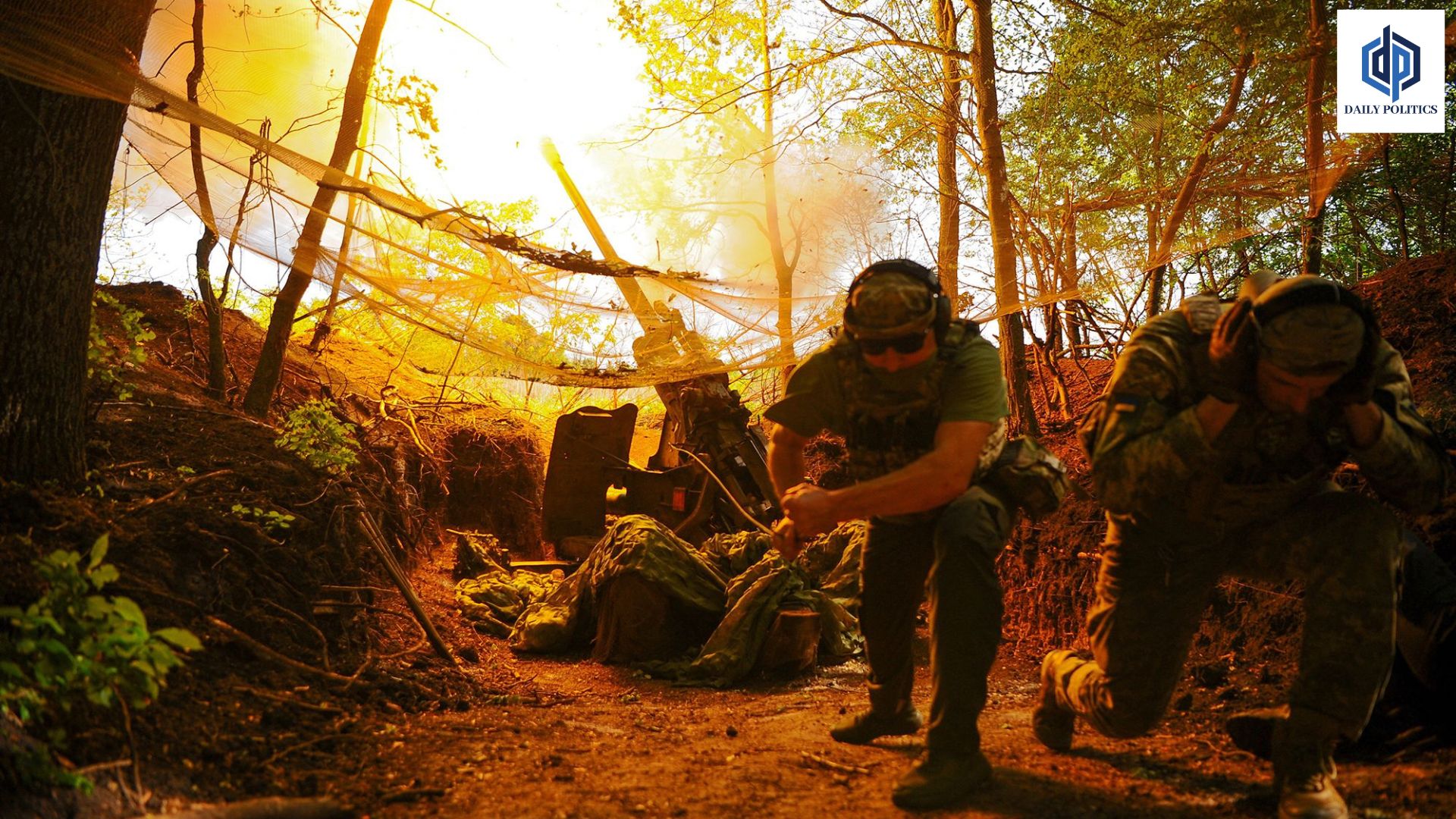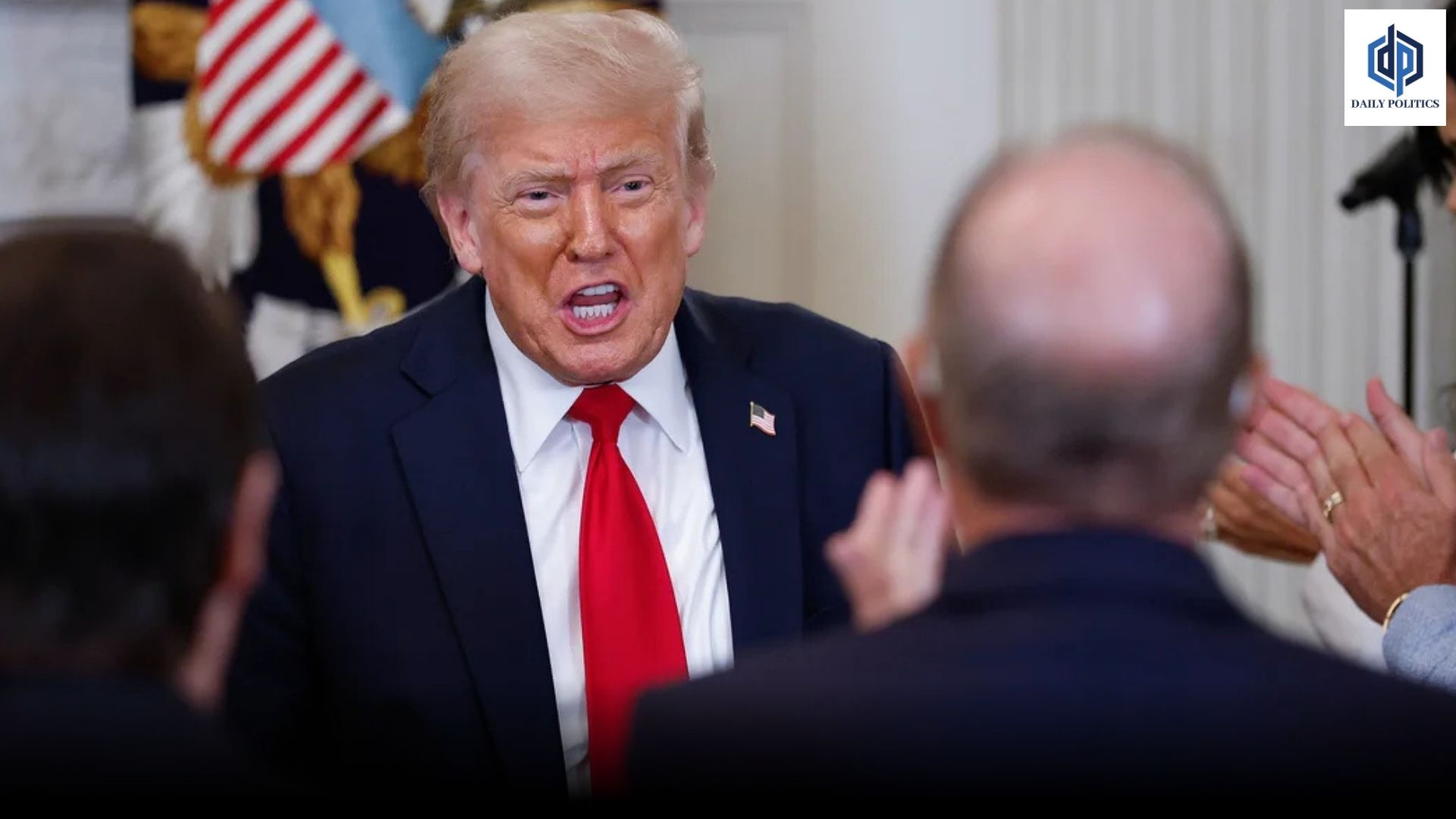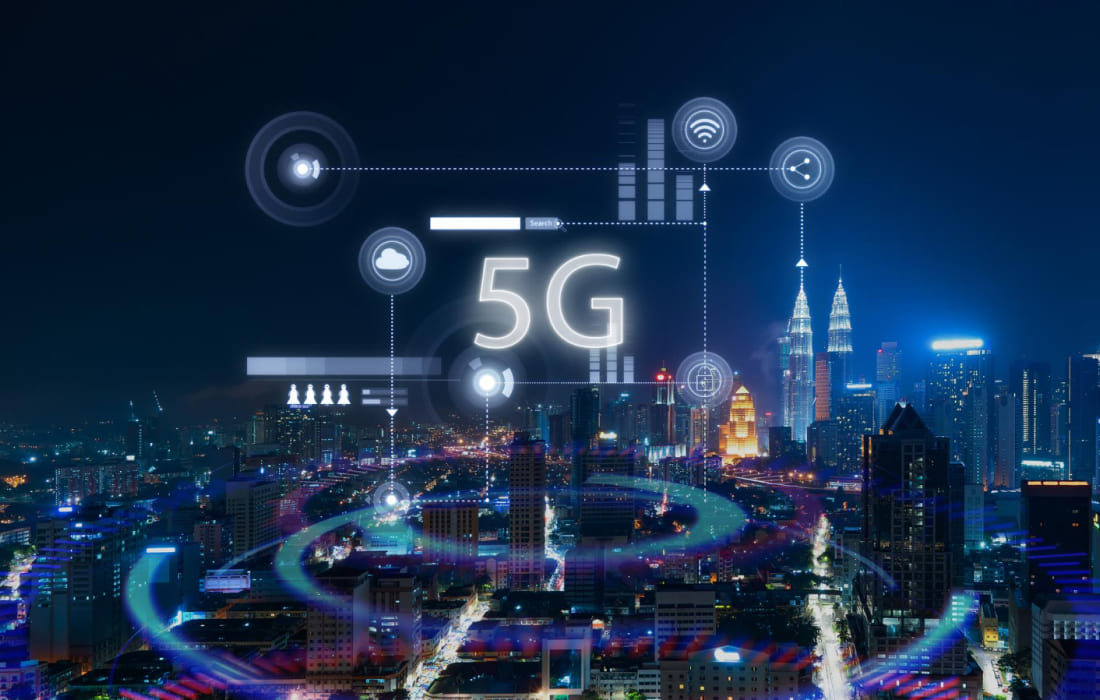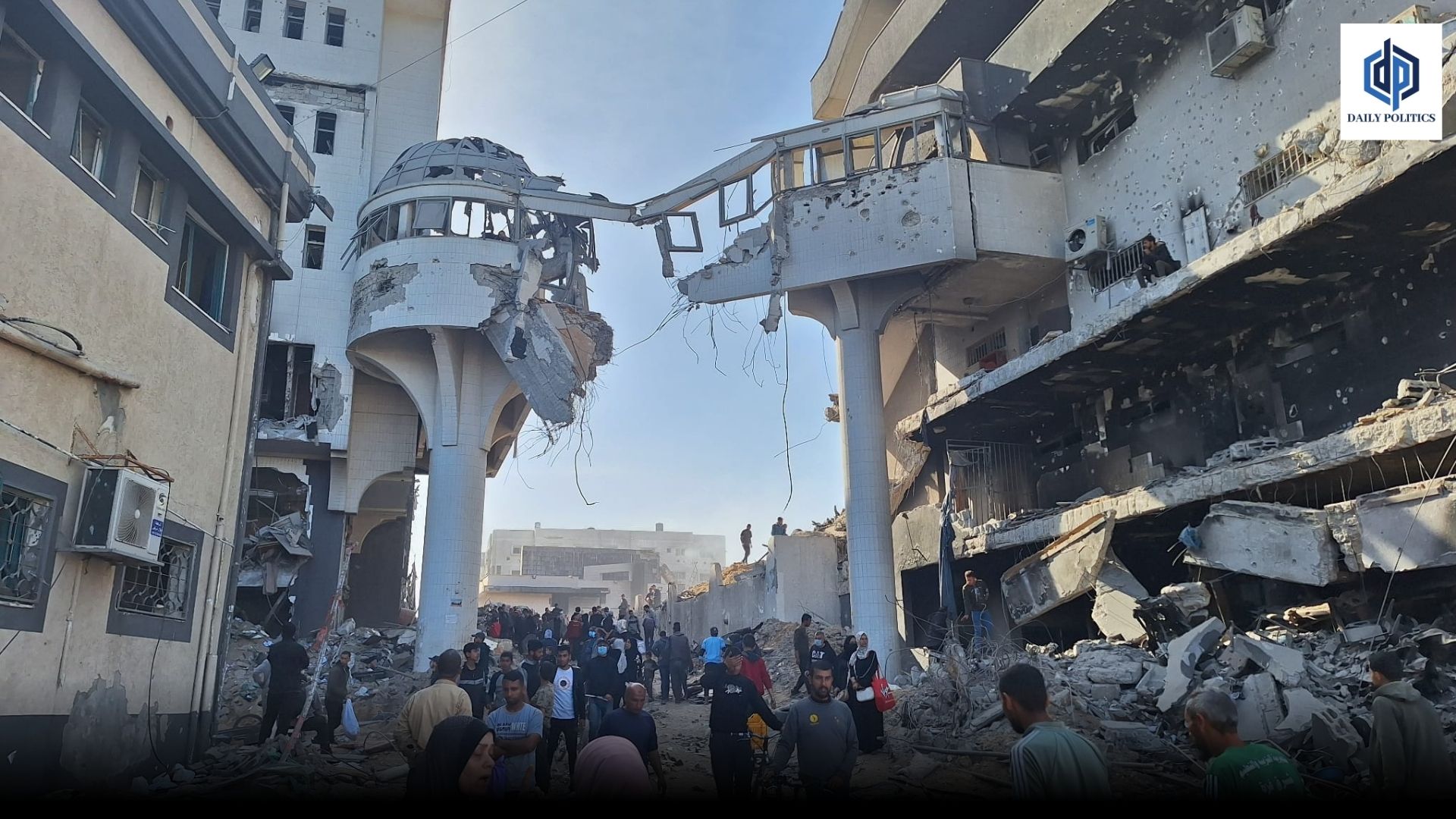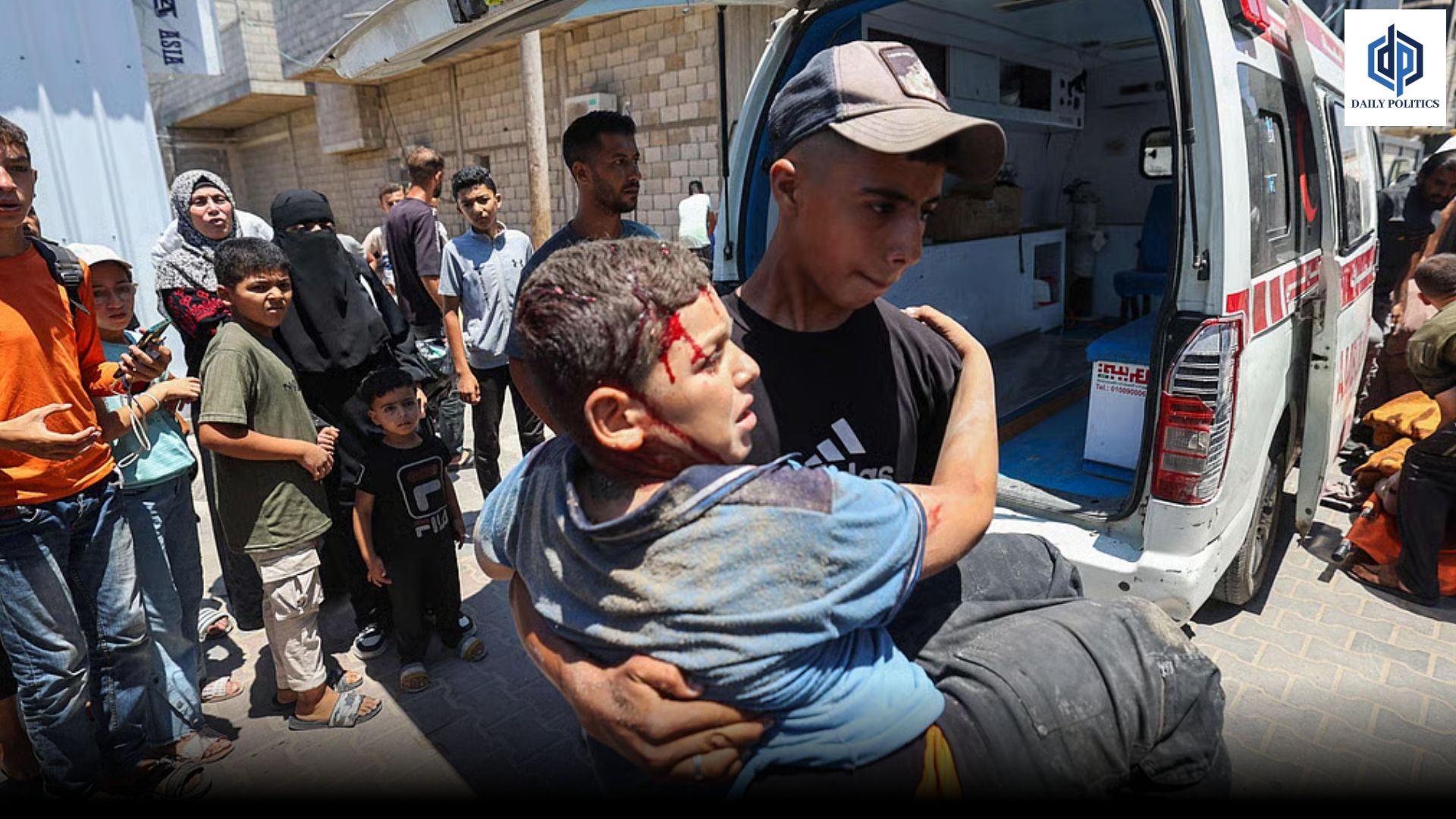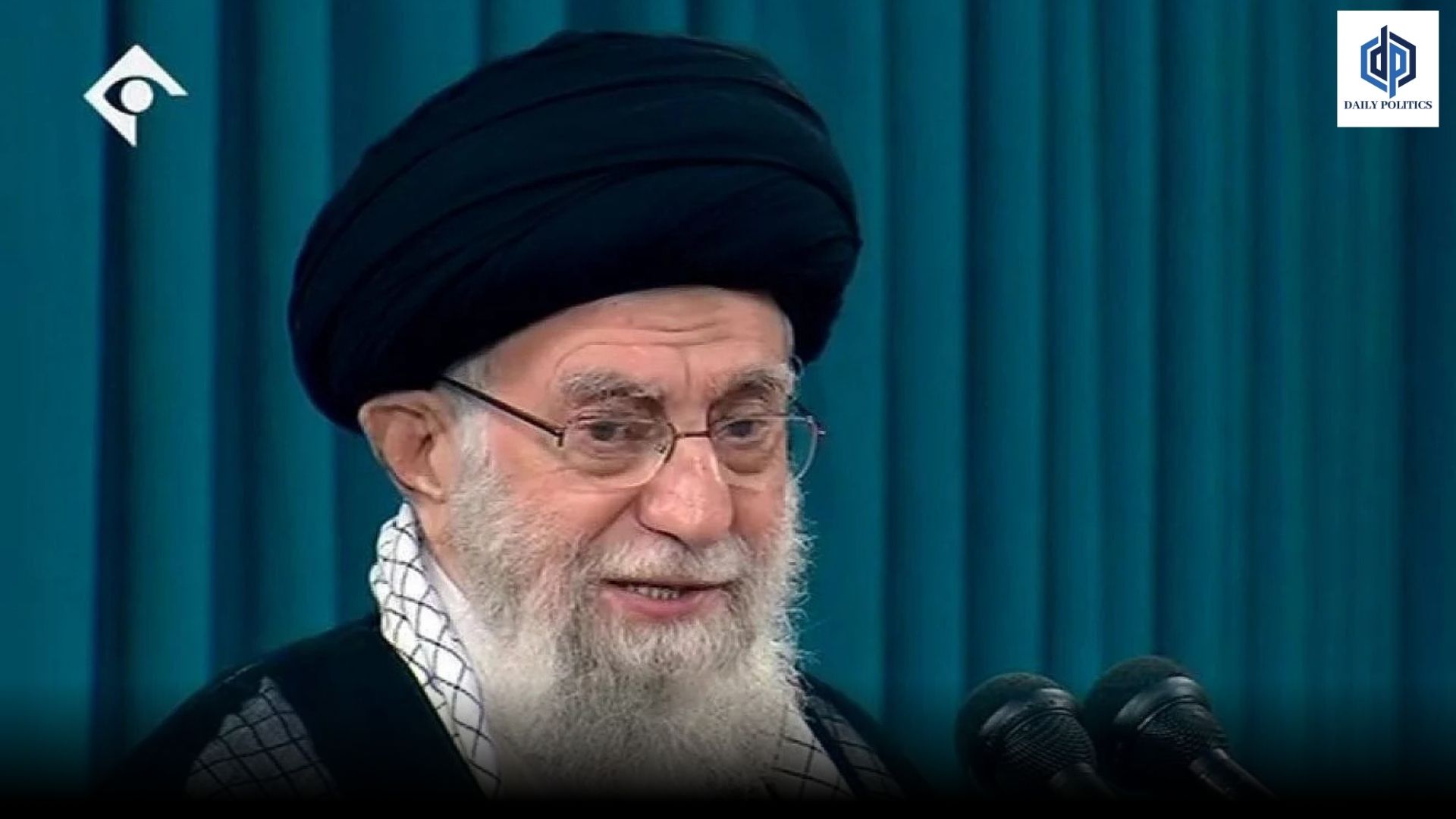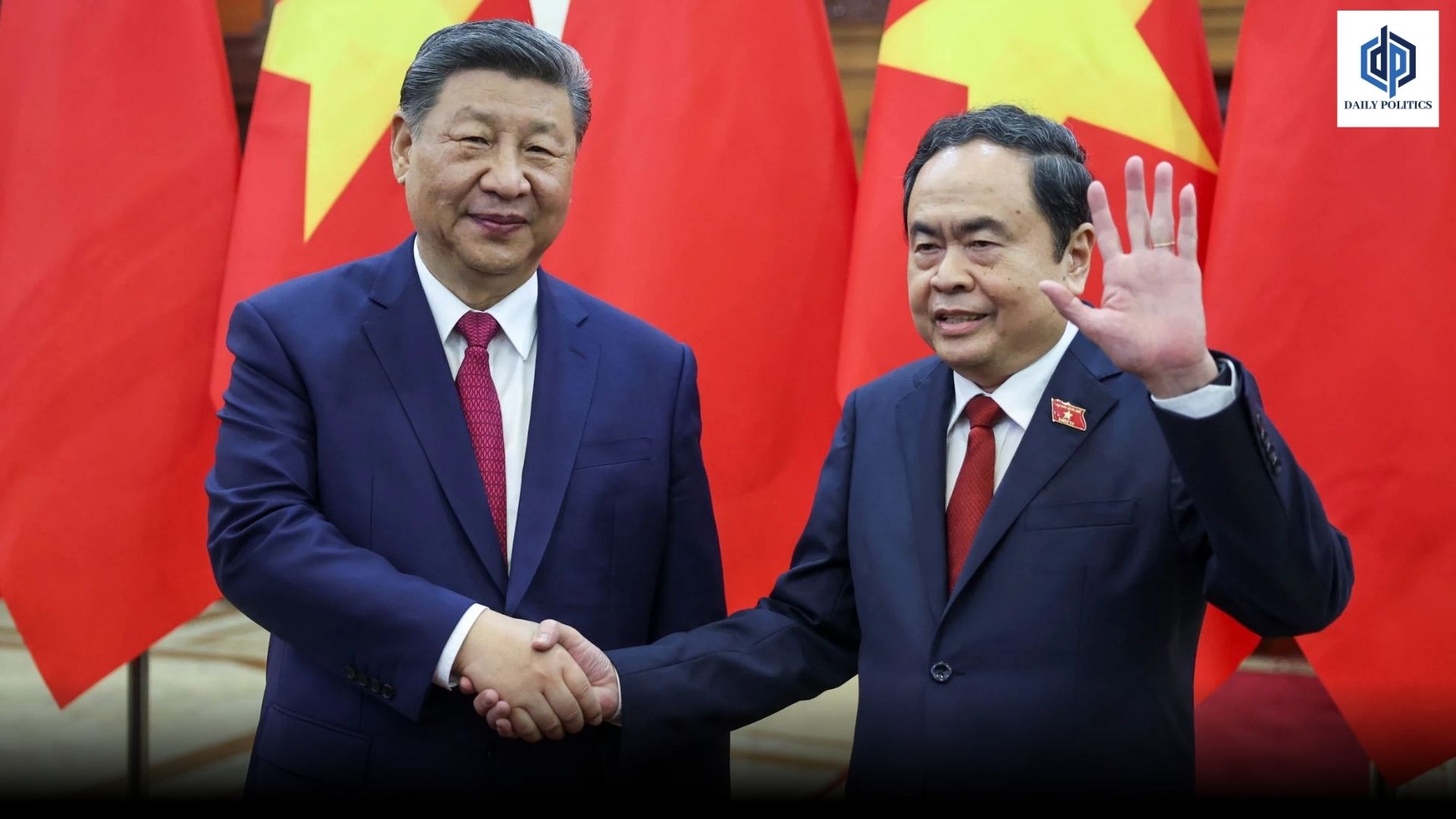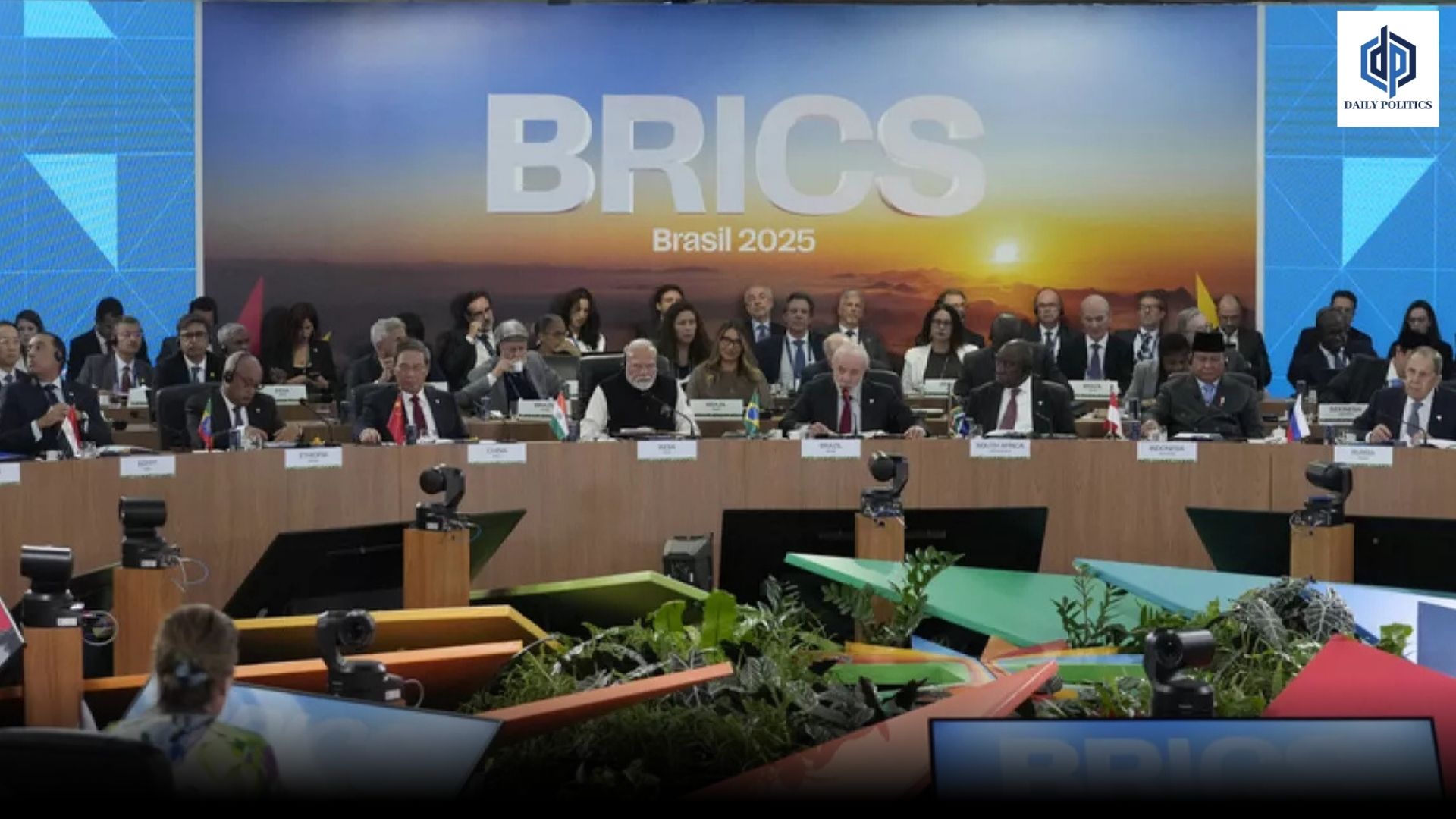The conflict in Ukraine, ignited by Russia’s comprehensive invasion in February 2022, continues to persist without any indication of resolution.
In eastern Ukraine, Russian forces continue their relentless and brutal push forward. Nightly aerial strikes have become a grim reality across the nation, as Kyiv’s drones consistently target Russia’s refineries and energy facilities.
Amidst the current geopolitical landscape, the Kremlin has officially announced that a meeting between Donald Trump and Vladimir Putin is in the works and is expected to occur shortly. “I am here to bring an end to [the war],” stated the US leader on Wednesday.
Three rounds of discussions initiated by Trump between Russia and Ukraine from May to July have not succeeded in advancing peace negotiations, leading Trump to consider that a more direct approach might ultimately achieve a ceasefire.
The divide between Kyiv and Moscow remains substantial, suggesting that even negotiations facilitated by Trump may struggle to close the gap.
In June, Russia delivered a memorandum to Ukraine detailing its extensive demands for what it terms a “final settlement” of the ongoing conflict. The agreement encompasses the acknowledgement of Russian sovereignty over the Ukrainian territories of Crimea, Donetsk, Luhansk, Zaporizhzhia, and Kherson. Additionally, it stipulates Ukraine’s commitment to demilitarisation, maintaining neutrality, prohibiting foreign military presence, and conducting new elections.
Russian political analyst Tatiana Stanovaya noted, “The Russian side can frame this in a dozen different ways, creating the impression that Moscow is open to concessions and serious negotiation.” “However, the fundamental stance persists: Russia seeks the capitulation of Kyiv.”
In the aftermath of a meeting between President Putin and US envoy Steve Witkoff, US Secretary of State Marco Rubio stated on Wednesday that Washington has gained a clearer insight into the circumstances that might lead Russia to conclude the ongoing conflict.
The current status of those conditions remains unclear. Last week, Putin indicated that Russia’s objectives, likely alluding to the memorandum, were clearly articulated in June and have remained unchanged since then.
Despite the Kremlin’s agreement to a meeting between Trump and Putin, scepticism remains regarding Moscow’s willingness to soften its stringent preconditions.
What could be motivating Putin to engage in discussions at this point?
One potential strategy is to engage in dialogue to deter the secondary sanctions that Trump has indicated he may impose on Moscow’s trading partners as early as Friday. The Kremlin might believe it can persuade Trump regarding the advantages of its terms for concluding the conflict.
As he commenced his second term, Trump seemed to exhibit a stronger affinity for Russia over Ukraine, characterizing Zelensky as a “dictator” and implying that he bore responsibility for the conflict with Russia.
Despite expressing his frustration with Putin, stating in April that “he’s just tapping me along,” Trump has not clarified whether he believes the Russian leader has been dishonest regarding his willingness to pursue a ceasefire.
Trump’s hesitance to unequivocally denounce Putin’s actions can be attributed to either personal affinity or a shared worldview.
In 2018, during Donald Trump’s inaugural term as president, a meeting in Helsinki left many observers astonished. Trump notably aligned himself with the Kremlin regarding allegations of Russian interference in the 2016 US election, while also accepting blame for the strained dynamics between the United States and Russia.
Kyiv’s desire to participate in any ceasefire discussions may be, in part, a strategic move to mitigate the risk of Trump being influenced by Putin.
In a recent development, Trump, via his envoy Steve Witkoff, has proposed the idea of a trilateral meeting involving Putin and Zelensky. However, the Russian president has dismissed these proposals, stating that the prerequisites for a meeting remain distant.
Concerns are rising in Ukraine regarding a potential meeting between Trump and Putin, with fears that the US president may acquiesce to the Russian leader’s demands.
Ukrainian Member of Parliament Iryna Herashchenko has expressed concerns regarding the increasing likelihood of demands for territorial concessions from Ukraine. She emphasised that not participating in the negotiations could pose significant risks for Kyiv.
On Thursday, Zelensky stated, “Ukraine is not afraid of meetings and anticipates a similarly bold approach from the Russian side.”
The divide between Russia and Ukraine persists.
Should the Kremlin ultimately consent to a trilateral meeting, Moscow’s steadfast demands for a ceasefire raise questions about the potential outcomes of a confrontation between Zelensky and Putin.

